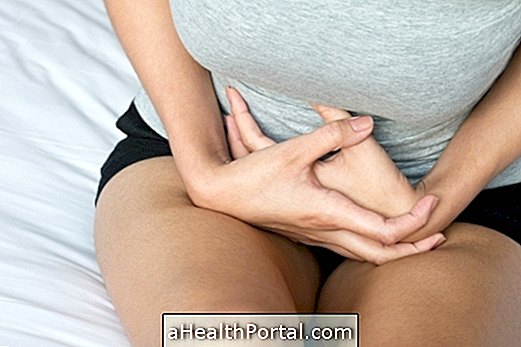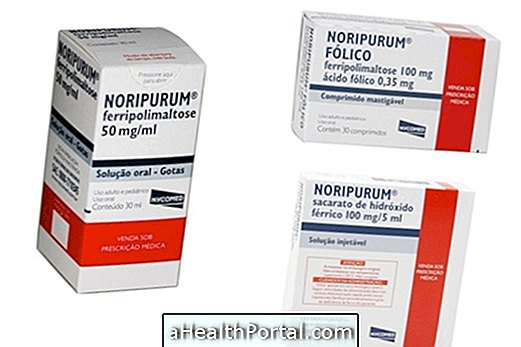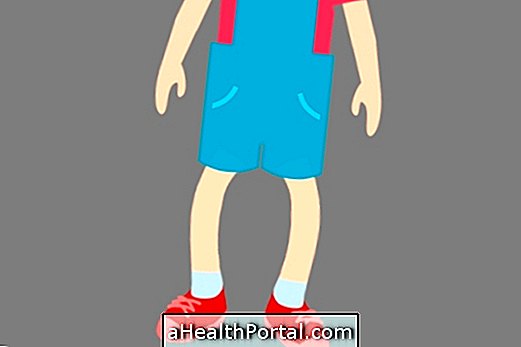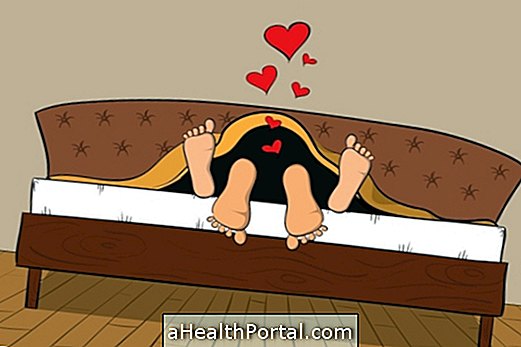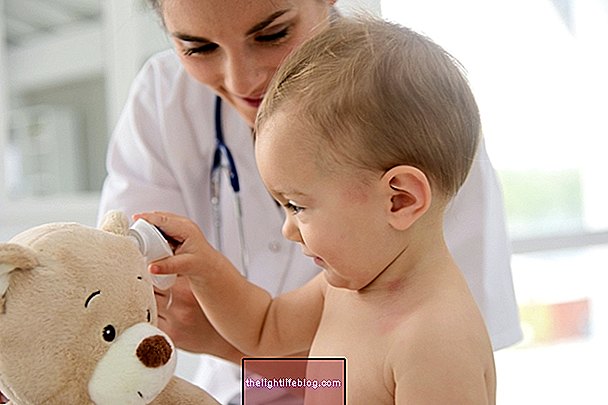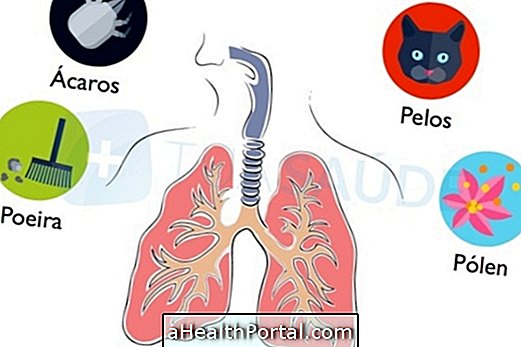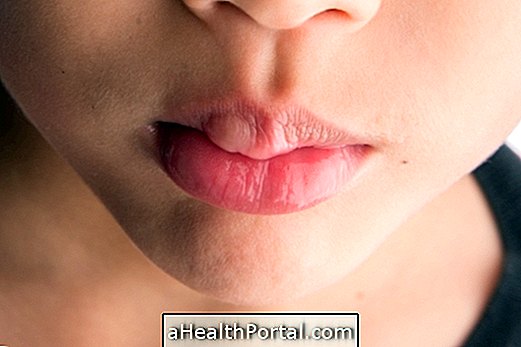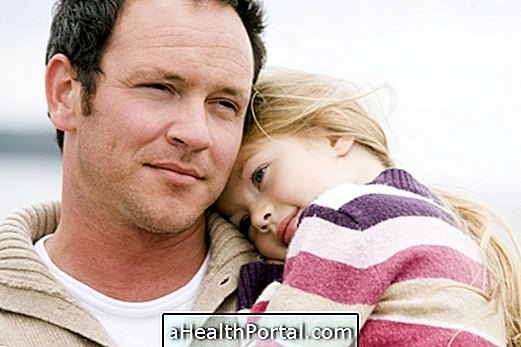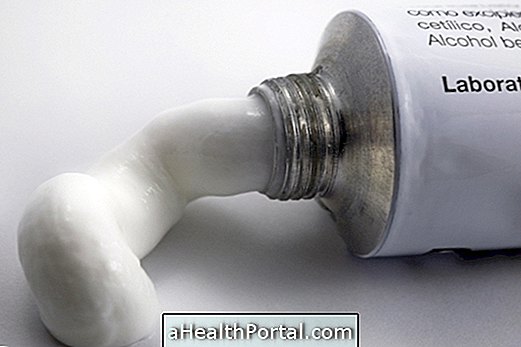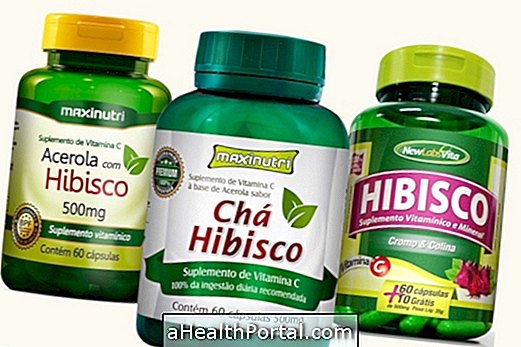Signs of child dehydration, such as depressed millers, deep eyes, and non-urination for more than 6 hours may occur due to excessive heat, fever, episodes of diarrhea or vomiting, leading to loss of water by the body or decreased liquid by the child.
Other symptoms of dehydration in infants or children may be:
- Skin, mouth or dry tongue and cracked lips;
- I cry without tears;
- Diapers dry for more than 6 hours or with yellow, strong-smelling urine;
- Very thirsty child;
- Unusual behavior, irritability or apathy.
If any of these signs of dehydration in the infant or child are present, the child should be rehydrated with breast milk, water, coconut water or soups to reduce the risk and severity of dehydration.
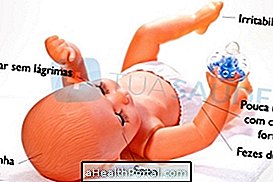

What to do to rehydrate the child
To rehydrate your child or baby at home you should follow the following steps:
Step 1
Breastfeed, give bottle or offer liquids like water, coconut water, homemade whey or hydration solutions sold in pharmacies or drugstores. To make the homemade whey just add 1 liter of filtered or boiled water, 1 tablespoon full of sugar and 1 tablespoon of salt and give the child several times during the day, about 2 sticks per hour. See other ways to prepare Homemade Serum Recipe.
If the baby or child is vomiting, wait for the baby to stop vomiting and then give the homemade whey.
Here's how to make homemade whey and other tips for treating dehydration:

Step 2
After 2 to 3 hours, if the baby has not vomited, give suck or 100 ml of bottle and, in the case of the child, if he has not vomited, start giving the homemade serum in 3 to 4 sips per hour.
Step 3
After 2 to 3 hours, if the baby has not vomited, continue to breastfeed or bottle every 3 or 4 hours and if he has already started feeding, offer fruit, carrot, pumpkin, rice or chicken soup, for example, according to tolerance.
In the case of the child, after 2 to 3 hours, if she has not vomited, also give fruit, carrot, pumpkin or chicken soup, for example. Greasy, fried and seasoned foods should be avoided.
When to take the child to the pediatrician
The child or baby should be taken to the emergency room or pediatrician if:
- The next day continue to show symptoms of child dehydration;
- There is associated fever.
In these cases, the pediatrician should indicate the appropriate treatment, which can be done with only homemade serum or home rehydration salts or serum by the vein in the hospital, depending on the degree of dehydration of the child.
